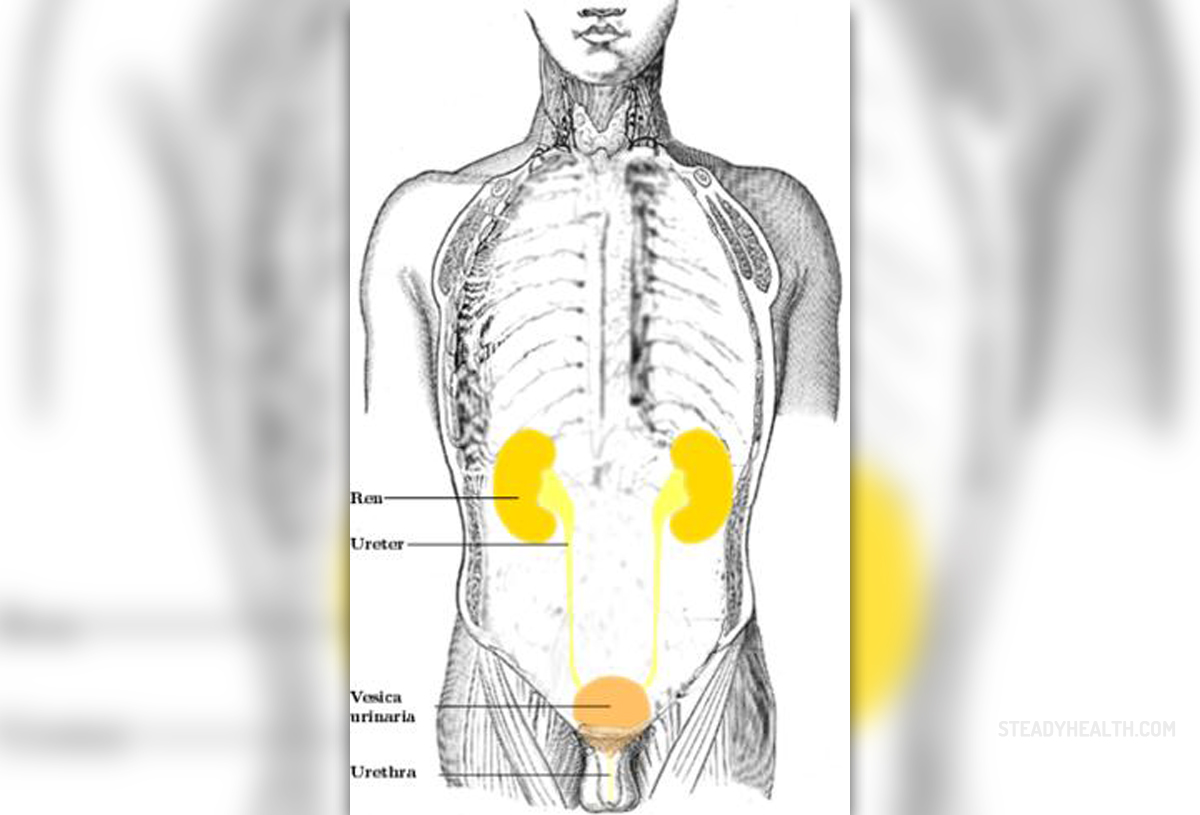
Discomfort, burning sensation or pain felt during urination is in medical circles known as dysuria. If you happen to have any of these symptoms, it is always advisable to visit your doctor and get checked.
This condition is very common among people all over the world and about 5 to 15% of all doctors’ consultations are about similar problems. Women are more prone to develop dysuria comparing to men, young and sexually active women being even more likely to have these symptoms.
What Can Cause Dysuria?
Dysuria is frequently associated with some infection of the urinary tract (UTI). Any infection of the bladder, urethra or the kidneys may provoke difficulties during urination, especially cystitis, prostatitis, urethritis or pyelonephritis. People suffering from some sexually transmitted diseases may also notice dysuria symptoms.
Sexual contacts or catheter may irritate or cause a local injury to urinary tract and lead to dysuria symptoms. Urethral stricture or enlarged prostate may also be recognized as causes of dysuria, since these problems lead to obstruction of the urinary tract.
Different conditions and diseases have also been identified responsible for dysuria in some cases, including nerve conditions affecting emptying the bladder, diabetes mellitus, various chronic problems that suppress immune system and cancers such as bladder, prostate, vaginal, vulvar, penile or kidney cancer. Postmenopausal women may also experience symptoms of dysuria because of hormonal changes happening in their bodies.How to Prevent and Treat Dysuria?
Keeping good personal hygiene, urinating after sexual intercourse and before bedtime may help you to prevent urinary tract infections and dysuria as well. Also, try not to hold urine for too long, because this can also cause UTI and lead to dysuria. For patients experiencing problems with urination, doctors recommend avoidance of all products that may irritate outer parts of the genitals.
Dysuria caused by urinary tract infection is usually treated with some antibiotic medications, depending on the cause of infection. In some cases, if initial treatment does not seem to work, your doctor will recommend different antibiotics. If dysuria is not caused by UTI, your doctor will suggest taking some tests to properly diagnose the cause of this condition and prescribe the treatment.
Make sure to use medications as they were prescribed to you and as long as your doctor has advised. Do not stop the treatment before that time, even if you start to feel better, in order to be sure the infection is completely cured.

















Your thoughts on this
Loading...